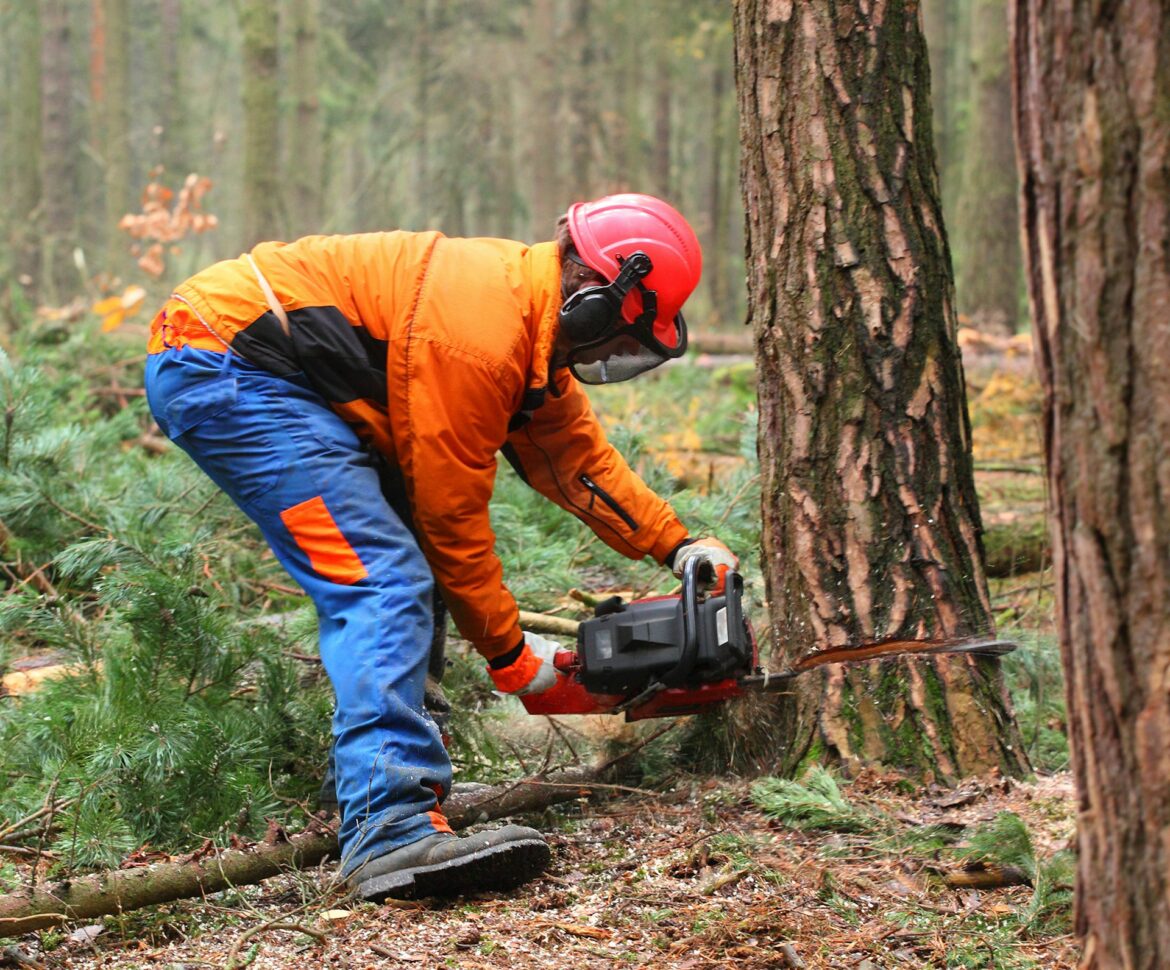The United Steelworkers union is warning that thousands of forestry jobs in British Columbia are at risk after the United States announced a sharp increase in tariffs on Canadian softwood lumber exports
The move, made by the U.S. Department of Commerce and endorsed by the Trump administration, will see the average tariff and countervailing duty rate rise to 34.45 per cent, more than double the previous average of 14 per cent.
The United Steelworkers (USW), which represents over 9,000 forestry workers in B.C., said the escalating trade dispute is having serious consequences for Canadian workers and their communities.
“This continual application of tariffs and duties by the U.S. on our USW membership in Canada, including 9,000 members in B.C., is wrong and unwarranted,” said Scott Lunny, USW District 3 director.
Support from provincial government
Union leaders commended B.C. Premier David Eby for pressing the federal government to provide targeted support for impacted workers.
“Premier Eby’s approach in pressing the federal government in Ottawa for worker supports is key in helping our members get through this uncertain time,” Lunny said.
Since 2017, Canada’s softwood lumber sector has been subject to a series of tariffs imposed by the U.S. government. To date, more than $10 billion has been collected at the border on Canadian softwood products destined for the American market.
Disputing U.S. claims
Canada has consistently denied U.S. allegations that its forest industry is unfairly subsidized, and has challenged the tariffs through international trade mechanisms, including the World Trade Organization and the Canada-United States-Mexico Agreement (CUSMA).
Jeff Bromley, chair of the USW Wood Council, said the tariffs are the result of pressure from the U.S. Softwood Lumber Coalition and do not reflect the realities of the Canadian industry.
“Markets dictate the price paid to government and First Nations for the right to harvest,” Bromley said. “Companies pay to build and decommission roads; our union negotiates strong wages, benefits and pensions that are far superior to the minimum wages paid in the U.S. industry.”
“It’s protectionism, pure and simple,” he said.
Higher costs on both sides of the border
The union also warned that the increased tariffs could drive up housing costs in the U.S., particularly in communities recovering from natural disasters.
“Our softwood should be going into the U.S. to help Americans impacted by the devastating fires in California or flooding from Hurricane Helen in North Carolina,” said Lunny. “These increasing tariffs will only make things more expensive for Americans trying to build, or rebuild, a home.”
The USW represents over 14,000 workers in Canada’s forest industry.






